Wet/Dry Springs and Nesting: Insight
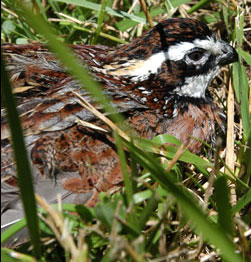 If you can hunt pheasants or grouse right outside your door, it’s probably not spring yet. But for the rest of us, spring is either here or sticking its toe in the door. Spring means nesting gamebirds, and we’ve all read over the years how wet or dry springs can affect nesting success.
If you can hunt pheasants or grouse right outside your door, it’s probably not spring yet. But for the rest of us, spring is either here or sticking its toe in the door. Spring means nesting gamebirds, and we’ve all read over the years how wet or dry springs can affect nesting success.
On the face of it, that seems pretty logical: ground nests mean if it’s too wet the nests get washed out, dry and they don’t. But that’s just basic logic and may be way too simplistic. In fact, seems it is.
We got a little insight into this area from an article in the Spring 2010 issue of the NC DNR’s The Upland Gazette. Here’s the applicable piece, a letter from a reader followed by an answer from John Wooding, NC’s small game biologist. It’s about quail, but seems to us that it could apply to just about any gamebird (maybe not chukar).
Q: How does a wet or dry spring affect the success rates of nesting quail?
A: As a general rule, wild animals are best adapted to an average year, and any conditions well out of the ordinary can cause problems. Quail nest from May to September, so the impact of spring weather on nesting success is indirect.
Extremely unusual spring weather — too wet, too hot, too dry or too cold — will affect quail nesting in three primary ways:
> One is related to the survival of adult birds. If spring weather is so harsh that it increases adult quail mortality, fewer birds will enter the breeding season and fewer nests will hatch. Such conditions can occur during a really wet spring when high water concentrates quail on patches of high ground. Anytime quail concentrate, predators beneï¬t.
> Second is through the impact of the weather on insect populations. Quail hens eat insects for egg production and quail chicks eat insects for proper body growth. Insects
are essential foods for nesting success and brood survival. Spring weather that is either too wet or too dry can reduce insect production and hurt quail reproduction.
> Third is through the impact of the weather on summer plant growth. Quail hide under and in the midst of plants, and a spring drought that leads to poor summer plant growth can make quail more vulnerable to predators. Spring weather can also influence fall seed production. Quail live off seeds during the fall and winter, and low food supplies as a result of unusual spring weather can reduce survival of chicks and adults.
_____
Interesting stuff, eh?





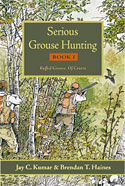

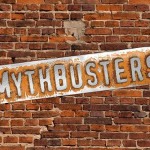
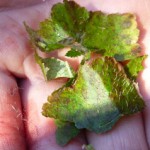

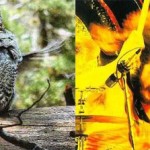
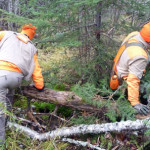
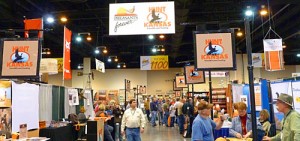
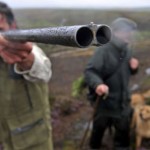
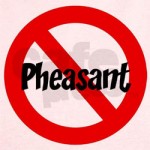
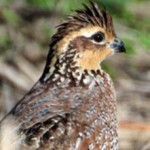
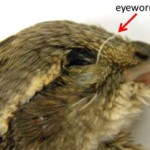
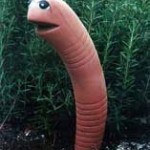
If I had choice I would take a dry spring over a wet spring but I think a wet and cold spring has the most negative impact on chick survival especially for Grouse chics. Last year we had near drought conditions in the spring and it was warm too. Ancedotely (sp?) I thought it as a better seaon then in years past with a wet and cold spring.